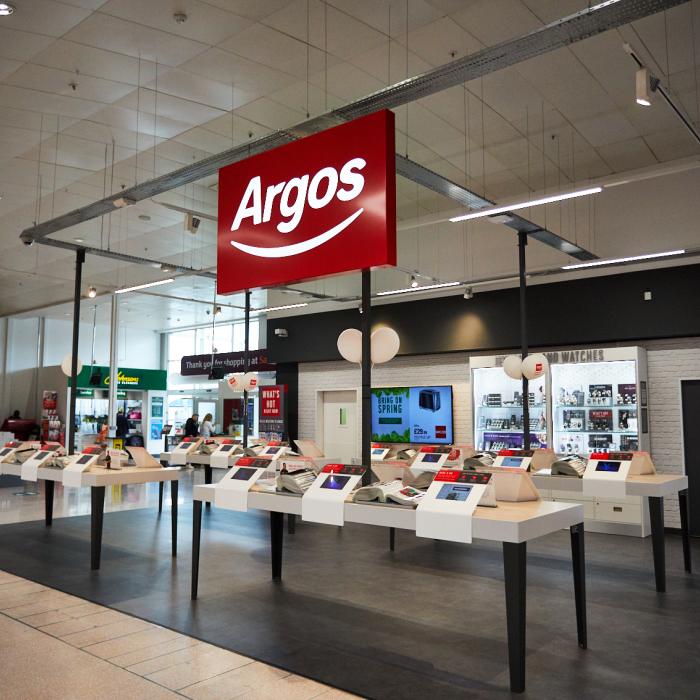Language, a perpetually evolving entity, witnesses the birth of new terms and expressions at a rapid pace. In the realm of linguistic discussion, the term “New Break” has sparked curiosity and debate. But what exactly determines if “New Break” qualifies as a legitimate word? To untangle this linguistic mystery, a deeper exploration of language evolution and the criteria defining a word is essential.
What Defines a Word?
Language, as a means of communication, is fundamentally reliant on words. But what exactly constitutes a “word”? Words are not merely arbitrary collections of letters but rather vessels that carry meaning and convey thoughts. The emergence and recognition of a word within a language community rely heavily on widespread usage and acceptance.
Evolutionary Nature of Words

New words don’t appear out of thin air; they evolve through a complex interplay of cultural, societal, and linguistic factors. At their inception, words might surface in niche communities or specific contexts. They gain momentum as they become adopted by a broader audience and find a place in everyday discourse.
Functionality and Communication
Words are functional units of language. They serve the purpose of enabling effective communication by encapsulating ideas, emotions, or actions. They streamline our ability to express complex thoughts or convey nuanced meanings concisely.
Linguistic Authority and Documentation
Dictionaries serve as repositories of established words within a language. They document words based on their usage in spoken and written contexts, providing a snapshot of the language at a particular point in time. However, dictionaries are not static; they evolve to reflect the dynamic nature of language.
Examining ‘New Break’
The term “New Break” holds within it the essence of departure or interruption from the status quo, implying a fresh start or a different approach. Its potential validity as a word is intrinsically tied to its acceptance and recognition within the linguistic community.
Linguistic Acceptance and Community Consensus
For a word to gain legitimacy, it must garner acceptance among language users. This acceptance might manifest through consistent usage in various settings, including formal writing, spoken discourse, publications, and digital platforms. When a term becomes widely recognized and understood within a community, it starts to solidify its place in the lexicon.
Contextual Adaptability
The versatility of a word across different contexts contributes significantly to its potential adoption. If a term like “New Break” finds relevance and applicability in diverse situations or fields, its chances of becoming an accepted part of the language increase.
Societal Influence and Language Evolution
Language is a reflection of societal changes and cultural shifts. As societies evolve, so does their language. New concepts, innovations, and societal paradigms often necessitate the creation or adoption of new words to accurately capture these developments.
The validation of “New Break” as a word isn’t solely dependent on its inclusion in dictionaries but rather on its integration into the fabric of communication within the language community. Its journey toward acceptance involves a process that encompasses usage, recognition, and adaptation across various contexts, reflecting the ever-evolving nature of language.
Traditional Standards versus Linguistic Evolution
Language evolution and the establishment of new words often clash with traditional standards upheld by linguistic purists. The exclusion of “New Break” from conventional dictionaries becomes a focal point for debate regarding its legitimacy as a word. However, it’s essential to recognize that language is not a static entity but a fluid, ever-evolving system.
Dynamic Nature of Language Evolution
Linguistic evolution involves the continuous influx of neologisms – newly coined words or phrases – into the lexicon. These linguistic innovations are not restricted by traditional standards but rather thrive through their integration into everyday communication.
As society progresses and encounters novel concepts or technological advancements, language adapts by creating new terms to encapsulate these changes.
Challenging Established Norms
The absence of “New Break” in established dictionaries shouldn’t discount its potential as a legitimate word. Historical precedent demonstrates numerous instances where words initially excluded from dictionaries eventually gained widespread acceptance due to their integration into daily discourse. Language evolves in response to societal needs, often challenging traditional norms and expanding the boundaries of linguistic inclusion.
The Role of Context and Usage
The validity of a word, like “New Break,” isn’t solely determined by its absence or presence in dictionaries. Context and usage play pivotal roles in establishing a term’s legitimacy within the linguistic landscape.
Contextual Relevance
The applicability of “New Break” across different contexts significantly contributes to its potential acceptance. A word’s versatility, if it effectively conveys a specific idea or sentiment in various scenarios, contributes to its integration into the language.
Usage as a Driver of Legitimacy
The consistent and widespread usage of a term among a substantial number of speakers or writers is instrumental in its acceptance within the language community. When a word like “New Break” becomes a staple in conversations, publications, or digital platforms, it starts to solidify its position within the lexicon.
Societal Adoption and Language Evolution
Language mirrors societal changes and cultural shifts. As concepts, technologies, or ideologies emerge, the language evolves to accommodate them. Words such as “New Break” often emerge in response to societal transformations, reflecting the need to articulate new ideas or shifts in perspectives.
Language’s Dynamic Nature
The evolution of language has accelerated significantly in the digital era, particularly through the vast reach and influence of the internet and social media platforms. These platforms have become breeding grounds for linguistic innovation, reshaping how words and phrases are introduced, disseminated, and accepted within the broader language community.
Catalysts for Linguistic Innovation
The internet and social media platforms serve as catalysts for linguistic evolution. Viral trends, memes, influential personalities, and online communities wield considerable power in popularizing and legitimizing new words or phrases.
These platforms facilitate the rapid spread of language innovations, enabling them to reach a global audience in record time.
Speed and Reach of Linguistic Adoption
In the digital age, words and phrases can gain unprecedented traction and acceptance within a remarkably short period. A viral video, a trending hashtag, or a meme can propel a term like “New Break” from obscurity to ubiquity, allowing it to become part of everyday conversation among diverse groups of people across the globe.
Redefining Word Legitimacy
The dynamic landscape of the internet and social media has expanded the criteria for word legitimacy. While conventional dictionaries were once the gatekeepers of language, they no longer hold exclusive authority in determining the legitimacy of new words. Instead, a term’s legitimacy is now measured by its resonance and adoption within digital spaces.
Community-Driven Language Evolution
Online communities and digital platforms provide a space for language users to actively participate in language creation and adaptation. Users contribute to the evolution of language by coining new terms, popularizing existing ones, and collectively shaping linguistic norms in real-time.
Fluidity and Adaptability
The digital realm’s fluidity allows language to adapt swiftly to changing circumstances, reflecting current events, technological advancements, or shifts in cultural paradigms. Words like “New Break” might emerge spontaneously in response to societal changes, gaining prominence due to their relevance and resonance within contemporary discourse.
Final Words
In conclusion, “New Break” epitomizes the ongoing evolution of language and the complexities of determining word legitimacy. Its journey toward recognition within linguistic circles underscores language’s living nature, shaped by its users and reflecting societal changes.
The debate surrounding the status of “New Break” as a word reflects the dynamic evolution of language. Whether it secures a place in mainstream dictionaries or persists through widespread usage, the evolution of language will continue to welcome innovative and transformative expressions.









